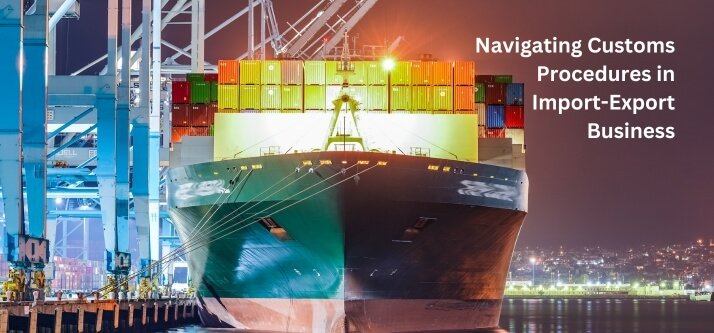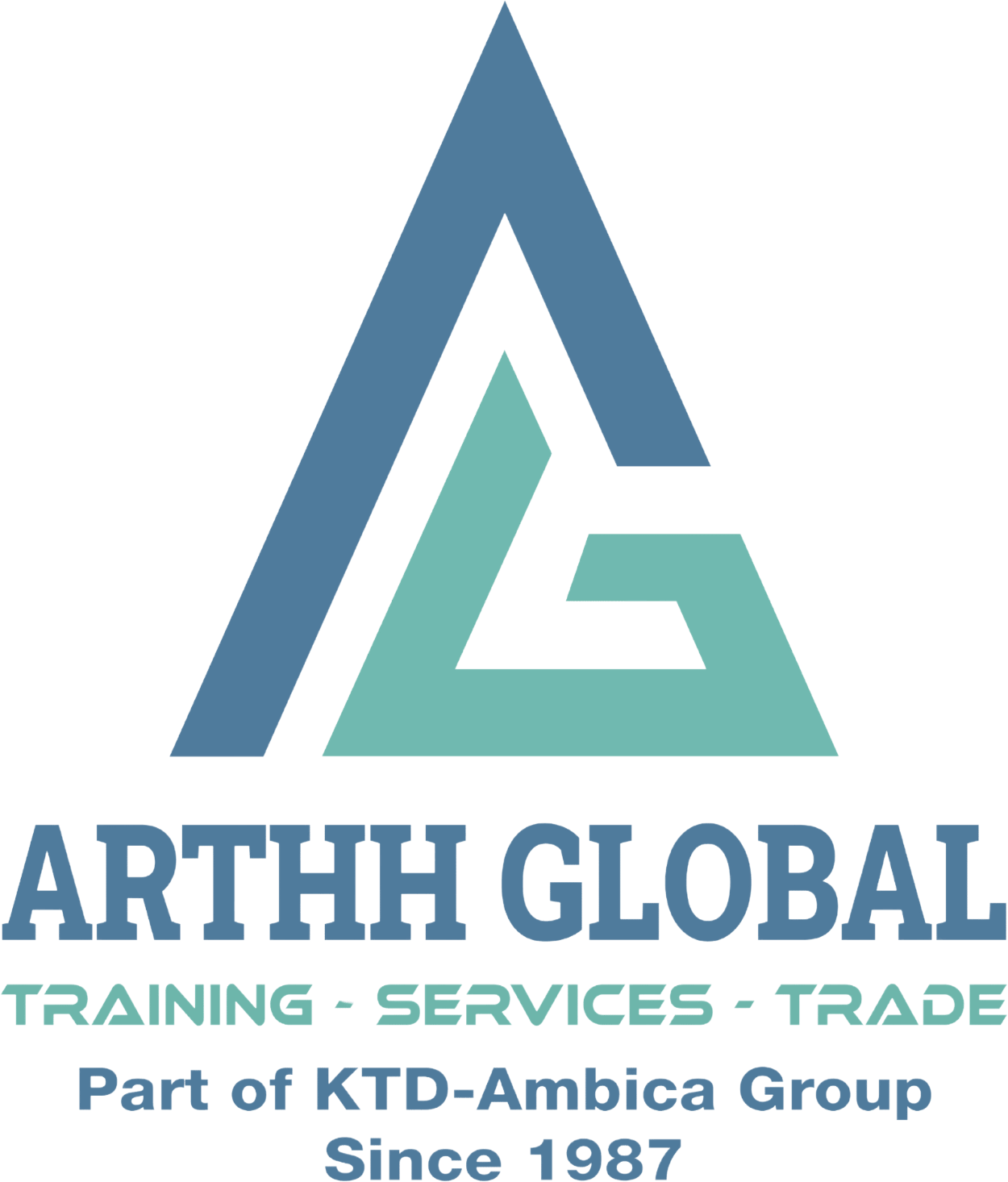
Understanding customs procedures is vital for successful import-export operations. Navigating complex regulations can be challenging but is necessary to avoid delays and fines. This blog will guide you through the essential customs processes to ensure smooth international trade. Learn key tips to ensure compliance and efficiency in your trading ventures :

1. Understand Tariff Classifications
Accurately classify your goods according to the Harmonized System (HS) code. This determines the applicable duties and taxes. Incorrect classification can lead to costly delays or penalties. Ensure that each product is correctly categorized to prevent complications.
2. Import Documentation Essentials
Key documents like commercial invoices, packing lists, and certificates of origin are essential for customs clearance. Ensure these documents are accurate and complete. Missing or incorrect paperwork can result in shipment delays or fines. Stay organized and thorough to streamline the process.
3. Comply with Quotas and Restrictions
Some products are subject to import quotas or restrictions, limiting the quantity that can be imported. Familiarize yourself with these limitations to avoid penalties. Understand the trade agreements between your country and your trading partners to navigate restrictions successfully.
4. Tariffs and Duties Management
Research the applicable tariffs and duties for your products. These taxes can affect pricing and profitability. Customs authorities may charge additional fees based on the value or type of goods. Proper planning for these costs helps to avoid surprises and ensures accurate pricing.
5. Customs Broker Services
A customs broker can help navigate complex import-export regulations. They are experts in handling paperwork, tariffs, and other compliance issues. Hiring a professional can reduce the risk of errors and delays. Find a reliable broker with expertise in your product category to ensure smooth transactions.
6. Understanding Duty Drawback Programs
Duty drawback programs allow businesses to reclaim customs duties on goods that are exported. This can reduce costs and improve profitability. Research and apply for these programs if applicable to your business. Duty drawbacks are a valuable tool for businesses involved in re-exporting goods.
7. Stay Updated on Regulations
Customs regulations are subject to change, so staying informed is critical. Regularly check for updates to customs laws, tariffs, and international trade agreements. Joining trade associations or subscribing to industry newsletters can help you stay up-to-date. This proactive approach ensures that you are always compliant with the latest regulations.
In conclusion
Navigating customs procedures is a vital part of international trade and requires careful attention to detail. By understanding tariff classifications, managing documentation, and staying compliant with local regulations, you can prevent costly delays. Leveraging the expertise of customs brokers and duty drawback programs can streamline the process. Consistently staying informed about changing regulations ensures that your business remains competitive and avoids penalties. Mastering customs procedures is essential for the success and efficiency of your import-export operations.
Phone Number: +91 9099492499 , Email Address: arthhglobal1704@gmail.com

